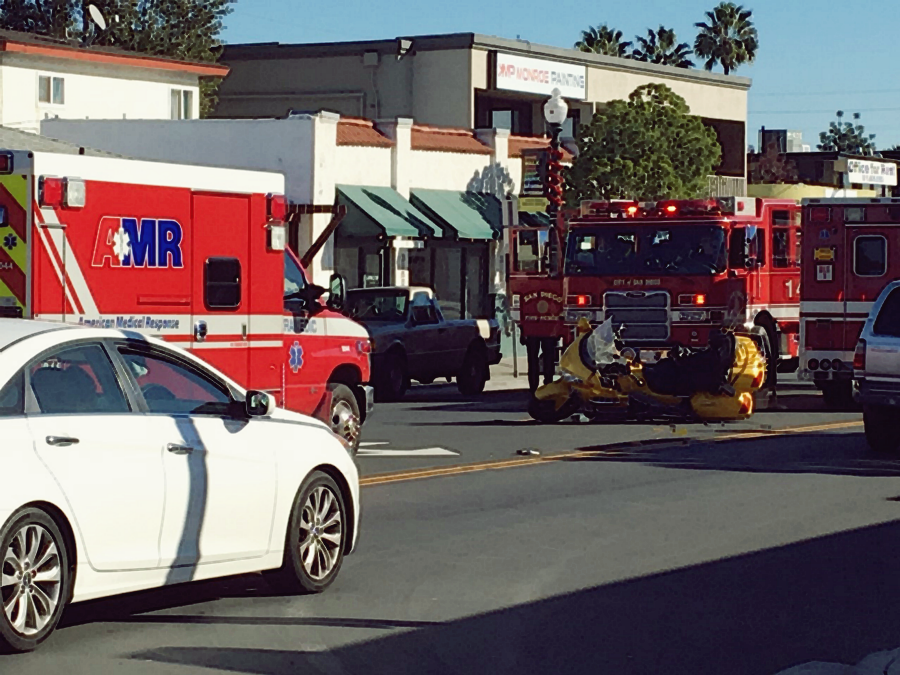Will My Florida Child Support Payments Change if I am Receiving SSDI?
September 25, 2020
It is fairly safe to say that no couple goes into a marriage with the expectation that it would be a temporary arrangement and would have an end date. Divorce is not easy and aside from the breakdown of a relationship with a partner, there are other negative outcomes. There are financial implications of divorce as well as familial implications. When children are involved, their mental health can be challenged, they will likely not get to see both parents every day, and the children may have to go back and forth between homes.
If you are divorced from your spouse and you are responsible for paying monthly Florida child support payments, you may be concerned about how to continue to do so if you are no longer able to work due to a disability. This fear is understandable. If a disability changed your life by preventing you from being able to work and as a result, you are receiving either Social Security Income or Social Security Disability Insurance you may be struggling to make your child support payments. You don’t have to panic, there are options to help you manage your obligations. Speaking with a Florida Social Security Disability Insurance attorney will help you learn about what can be done to help you with your new financial situation.
What Happens to Florida Child Support Payments when You are Receiving SSI or SSDI?
 There is a difference between SSI and SSDI. SSI is available for low-income folks who don’t have many assets and are disabled. Working individuals who pay taxes from their income will have that money go into the SSDI benefits fund. If they have amassed enough money into the fund and they become disabled so they cannot work, they would be able to benefit from the fund. In both situations, it is likely that you were making more money before you were disabled and the benefits you are receiving by way of either SSI or SSDI are below the number of your wages before you became disabled.
There is a difference between SSI and SSDI. SSI is available for low-income folks who don’t have many assets and are disabled. Working individuals who pay taxes from their income will have that money go into the SSDI benefits fund. If they have amassed enough money into the fund and they become disabled so they cannot work, they would be able to benefit from the fund. In both situations, it is likely that you were making more money before you were disabled and the benefits you are receiving by way of either SSI or SSDI are below the number of your wages before you became disabled.
It is possible to have your monthly child support payments reduced if you are on SSI. Your SSI payments can be counted towards your child support payments and if the benefit amounts are below what you earned before you were on SSI, your payments can be lowered. There is even the chance for you to have your child support payments end completely. When the only form of income you have is from your SSI payments, then this is a possibility. Under Florida SSI laws, you will not have to worry about your SSI payments being taken from you.
If you are receiving SSDI, you should speak with your caseworker to see if your children can receive derivative benefits paid out by the Social Security Administration. Qualified individuals who receive derivative benefits are a separate payment from the SSDI you receive. If this benefit is paid out to your children you should go to court to have your child support payments be adjusted to reflect this benefit. What will happen is instead of paying the full amount of monthly payments, you will have to pay the remainder of what is left after your child receives their benefit.
Even if your children do not qualify for derivative benefits, you should still go to court to have your payments modified to reflect a lower income. It is important to note that you can have your SSDI payments garnished if you aren’t paying what you were court-ordered to pay. So, it is best to get the modification done sooner than later so you aren’t under severe financial strain.
Talk to a Florida SSDI Attorney Today
Stephen M. Andrews, P.A. is a Florida SSDI attorney who can answer all of your SSDI questions and help you with applying for SSDI in Florida. Call Stephen M. Andrews, P.A. today and speak with a qualified Tallahassee SSDI attorney during a free consultation at (850) 906-9599.
Tags: Florida SSDI Attorney, What Happens to Florida Child Support Payments when You are Receiving SSI or SSDI?, Will My Florida Child Support Payments Change if I am Receiving SSDI?
Deprecated: Function WP_Query was called with an argument that is deprecated since version 3.1.0!
caller_get_posts is deprecated. Use ignore_sticky_posts instead. in /var/www/wp-includes/functions.php on line 6121





